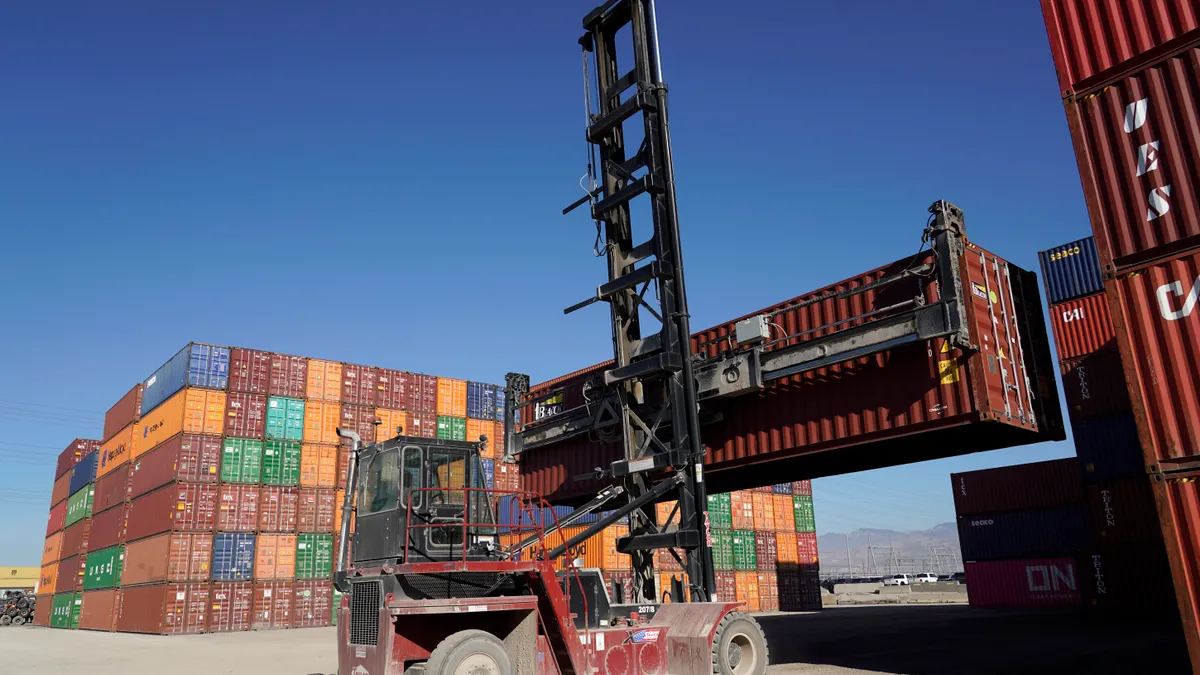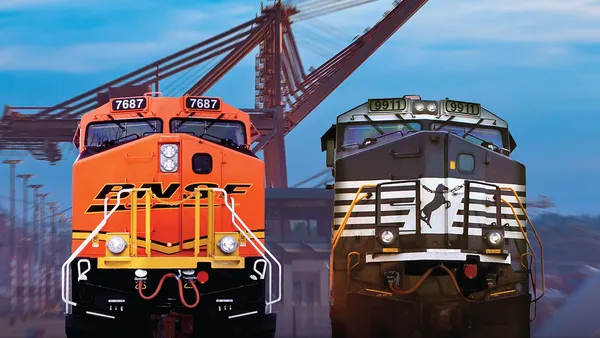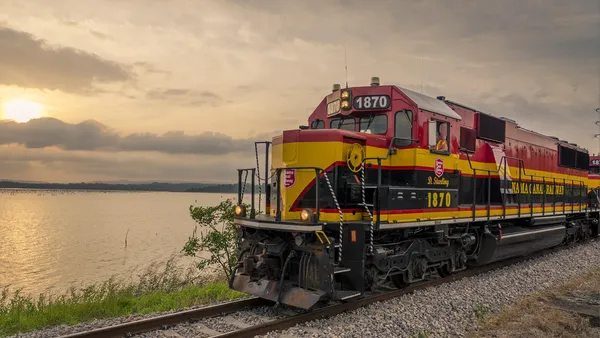The following is an opinion article written by Robb MacKie, president and CEO of the American Bakers Association, and John Bode, president and CEO of the Corn Refiners Association. Mackie and Bode are also the respective chair and vice-chair of the Food and Beverage Issue Alliance.
As we enter the third year of the pandemic, new, related impacts keep coming. Even before Russia’s invasion of Ukraine delivered the greatest shock to commodity markets since 1973, world supplies of energy, metals and agricultural commodities were at an 18-year low. And while the lockdown in Shanghai was lifted June 1, the two-month shutdown of the world's busiest container port is expected to exacerbate delays and congestion.
In this highly stressed condition of supply chains, old weaknesses are causing major problems — and the rail industry is doing little to amend it. Reductions in service are causing major rail service failures, particularly to their numerous “captive shippers” who have no competitive alternative. Over the years, unreliable access to rail cars has forced some major ingredient suppliers to acquire their own fleets of rail cars, adding cost that gets passed along to consumers.
As Chair and Vice Chair of the Food and Beverage Issue Alliance, which represents over 40 allied U.S.-based food and beverage trade associations across the supply chain, we are deeply concerned. Not only for the economic standing of the industries we represent, but also for the Americans who are seeing fewer products on store shelves.
For example, the “at capacity” production of U.S. corn starch was disrupted at least twice this year when corn refineries were forced to temporarily shut down due to rail service failures. Corn refineries work 24 hours a day and seven days a week to process 15% of America’s corn crop into ingredients for hundreds of foods, pharmaceuticals, personal care products and industrials as diverse as adhesives for construction and compostable plastics.
When railroads fail to show up to move loaded rail cars, the supply chain abruptly stops, sending shockwaves throughout the system. This causes disruption in downstream production facility operations that reverberates for months and adds significantly to costs. For the baking industry, more than 15% of baking ingredients and grains are transported via rail, so such a failure has a potentially catastrophic effect. Late rail deliveries for flour force facilities to purchase expensive emergency truck loads of this essential ingredient to prevent breaks in food production.
America’s food and beverage industry has been tremendously successful at overcoming major challenges to keep the food supply flowing. But there has been a cost, which inevitably impacts consumers. Food price inflation lags other inflation measures as its driven largely by supply disruptions and energy and labor costs. Still, from February 2021 to February 2022 alone, consumer food prices increased by nearly 8% — the largest price jump in one year since July 1981. Of course, this trend appears to be far from over.
The FBIA’s membership is represented across America’s supply chain, from agricultural processors to packaged goods to retail. A reliably efficient rail network is essential to our members’ operations that feed the country. Looking ahead, we need long-term responses that combat grave deficiencies in rail and port service.
Congress’ initial move to address ocean freight competitiveness is a great first step. But to truly break through, strong rail service oversight by the Surface Transportation Board is required. Affordable, accessible food simply can’t wait.
Correction: This story has been updated to correct the last name of author Robb MacKie.













